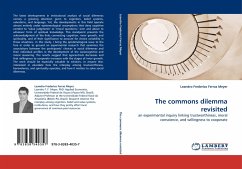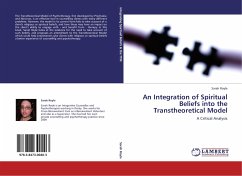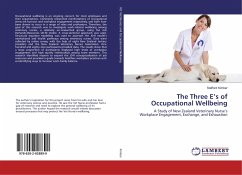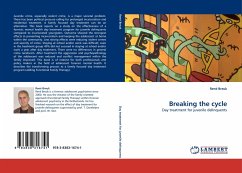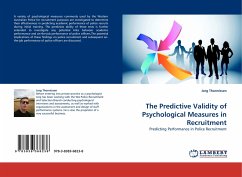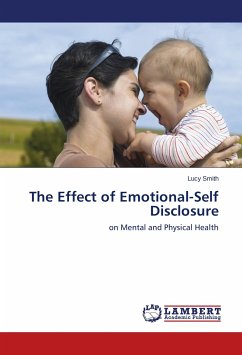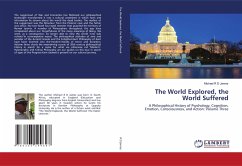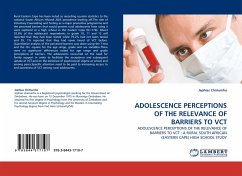The latest developments in institutional analysis of social dilemmas convey a growing attention given to cognition, belief systems, valuations, and language. Yet, the developments in this field operate almost entirely under epistemological assumptions that deny cognitive content to "value judgments" or "moral questions," over and above to whatever form of spiritual knowledge. This standpoint prevents the acknowledgment of the links connecting cognition, inner growth, and spirituality, and of their significance to account for choice variability in those situations. In this study, I bring the epistemological issue to the fore in order to ground an experimental research that examines the associations between the participants' choices in social dilemmas and their individual profiles re the development of the sociocognitive and moral reasoning. The results suggest that egocentrism decreases and that willingness to cooperate increases with the stages of inner growth. The work should beespecially valuable to scholars, or anyone else, interested in elucidate how the interplay among trustworthiness, benevolence, and spirituality operates, and how it matters to solve social dilemmas.
Bitte wählen Sie Ihr Anliegen aus.
Rechnungen
Retourenschein anfordern
Bestellstatus
Storno

